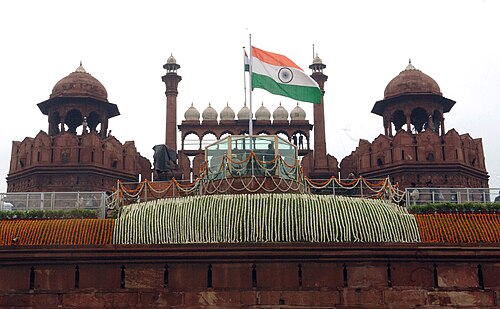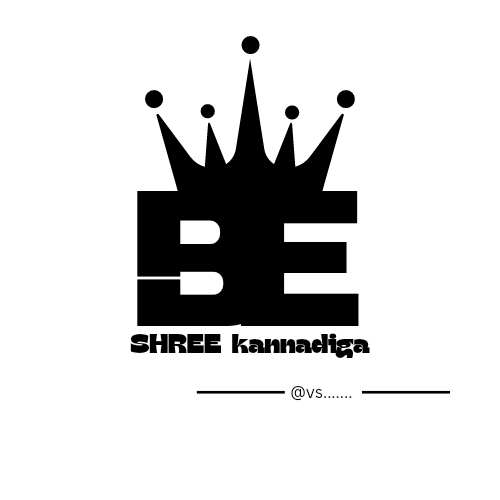independence day is celebrated annually on 15 august as a public holiday in india commemorating the nation s independence from the united kingdom on 15 august 1947. on this day the indian independence act 1947 come into effect, transferring legislative sovereignty to the indian constituent assembly. india attained independence following the independence movement noted for largely non – violent resistance and civil disobedience led by indian national congress under the leadership of mahatma Gandhi.
date : friday,15 august 2025
observed by :india
is this 78 independence day ?
india will celebrate her 78th independence day on 15th august 2024.
is it 79th independence day in 2025?
the 79th independence day of india will be commemorate with a parade and community celebration on august 9, 2025 , in San Jose . the association of Indo-Americans will be organizing the parade and celebrations in collaboration with bolly 92.3 FM and other diaspora organization.
indian independence day , celebrated on august 15th , commemorates the end of British rule in india in 1947. a significant detail is that the date and time of independence,august15th at 12:01 AM , were chosen with astrological considerations, including the favorable Pushya nakshatra and the Abhijeet muhurta. furthermore, while india celebrates its independence its independence on this day, so do north Korea, south Korea, Bahrain ,the republic of Congo, and Liechtenstein.
end of british rule:
india gained independence after nearly 200 years of British rule, with the partition creating the two independent dominions of india and Pakistan.

history.
European traders had established outposts in the indian subcontinent by the late 17th century . through overwhelming military strength, the east india company fought and annexed local kingdoms and established themselves as the dominant force by the 18th century. following the indian rebellion of 1857, the government of india act 1858 led the British crown to assume direct control of india. in the decades following ,civic society gradually emerged across party, formed in 1885 . the period after world war 1 was marked by colonial reforms such as the Montagu – Chelmos forms, but it also witnessed the enactment of the unpopular Rowlatt act and calls for self- rule by indian activists. The discontent of this period crystallised into nationwide non-violent movements of non-cooperation and civil disobedience, led by mahatma Gandhi.
during the 1930s, the reform was gradually legislated by the British : congress won victories in the resulting elections. the next decade was beset with political turmoil: indian participation in world war2, the congress final push for non-cooperation ,and an upsurge of Muslim nationalism led by the all- india Muslim league .the escalating political tension was copped by independence in 1947. the jubilation was tempered by the bloody partition of colonial india into india and Pakistan.
independence day before independence.
Hasrat Mohana was the first person in indian history who demanded complete independence ,at the 1929 session of the indian national congress ,the purana swaraj declaration ,or declaration of the independence of india was promulgated, and 26 January was declared as independence day in 1930. the congress called on people to pledge themselves to civil disobedience and to carry out the congress instructions issued from time to time until india attained complete independence. Celebration of such and independence day was envisioned to stoke nationalistic fervour among indian citizens, and to force the British government to consider granting independence .the congress observed 26 January as the independence day between 1930 and 1946. the celebration was marked by meetings where the attendants took the pledge of independence .Jawaharlal Nehru described in his autobiography that such meeting were peaceful, solemn , and without any speeches or exhortation . Gandhi envisaged that besides the meeting, the day would be spent …. in doing some constructive work, whether it is spinning, or service of untouchables, or reunion of Hindus and Musselman’s, or prohibition work or even all these together . following actual independence in 1947, the constitution of india came into effect on and from 26 January 1950; since then 26 January is celebrated as republic day.
